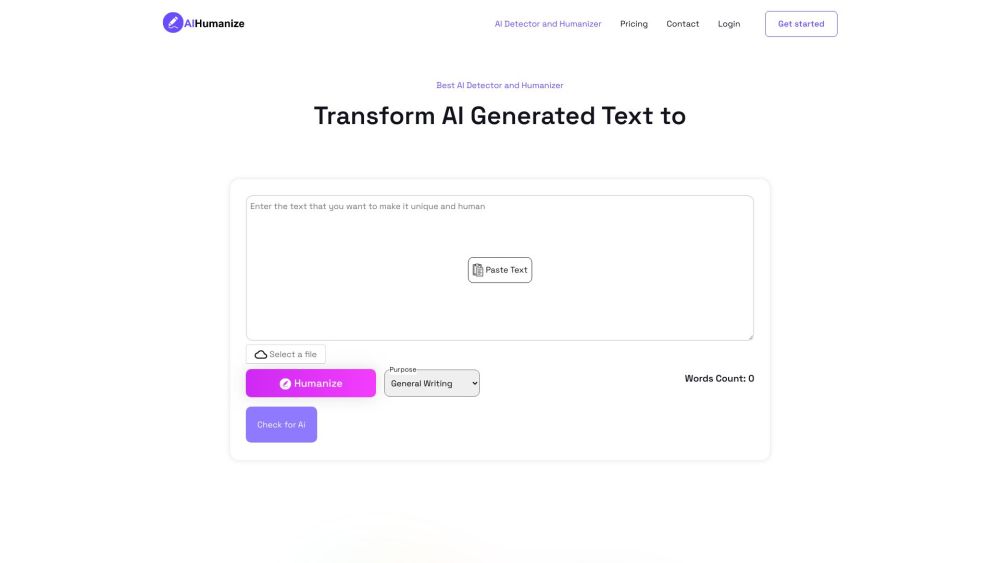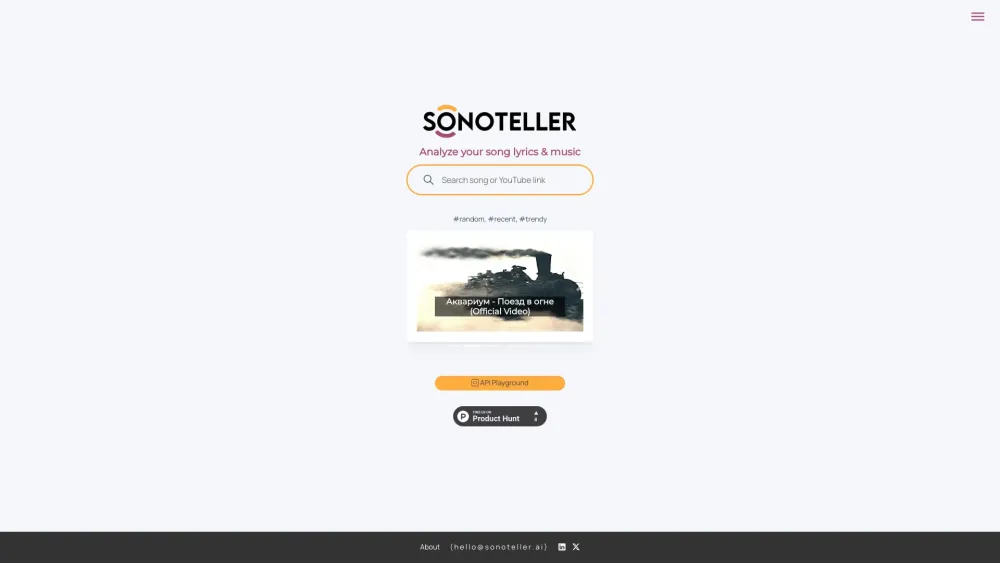Google is enhancing its database and analytics platforms to empower developers and organizations with the capabilities of generative AI.
In 2024, Google has introduced several updates to its Gemini large language model (LLM), expanding its utility. Recently, Google announced the integration of its Gemini models into the BigQuery analytics service, alongside new features for AI data preparation and retrieval augmented generation (RAG). Moreover, Google is significantly broadening its AI database capabilities by introducing vector search support across all cloud databases.
“We believe vector indexing and vector search should be fundamental to every database,” said Andi Gutmans, GM and VP for Databases at Google Cloud. “Databases play a crucial role in effective retrieval augmented generation and maximize the benefits of AI in the enterprise.”
Vector Search Now Available in All Google Databases
While Google has previously offered vector support in some databases, it is now extending this feature across all its offerings. The Google AlloyDB database, which already showcased vector and AI capabilities, is now generally available. Additionally, Google’s Vertex AI Vector Search service, a dedicated vector database, complements these advancements.
The new capabilities include preview support for vectors in the in-memory Memorystore for Redis, CloudSQL, Spanner relational databases, Firestore document database, and Bigtable key-value database.
Integrating vector search across all Google databases requires substantial engineering effort. Gutmans pointed out that for AlloyDB, built on the open-source PostgreSQL framework, Google has leveraged the open-source pgvector technology to implement vector support. However, Google has undertaken extensive work to optimize performance and features for users.
“We must innovate across various workstreams tailored to each database due to their specific architectural nuances,” Gutmans noted.
To facilitate queries with vector search, databases typically require additional indexing. Gutmans emphasized that Google's strength lies in building vector-capable indexes, drawing on years of experience at scale for major services.
“Having operated at this scale, we understand vector capabilities deeply, having utilized them internally for over a decade in our ad and search divisions," he explained.
BigQuery Enhanced with Gemini Pro Models
On the analytics front, Google is boosting BigQuery with support for its latest Gemini Pro models.
“This opens up a new set of analytical scenarios,” stated Gerrit Kazmaier, GM and VP for Data Analytics at Google Cloud, during a recent press roundtable.
These advanced capabilities encompass improved summarization, sentiment extraction, classification, enrichment, and translation of both structured and unstructured data. Kazmaier emphasized that much of enterprise data remains underutilized, particularly unstructured data.
“With Gemini Pro and BigQuery, users can now analyze rich unstructured data alongside structured data seamlessly,” he added.




